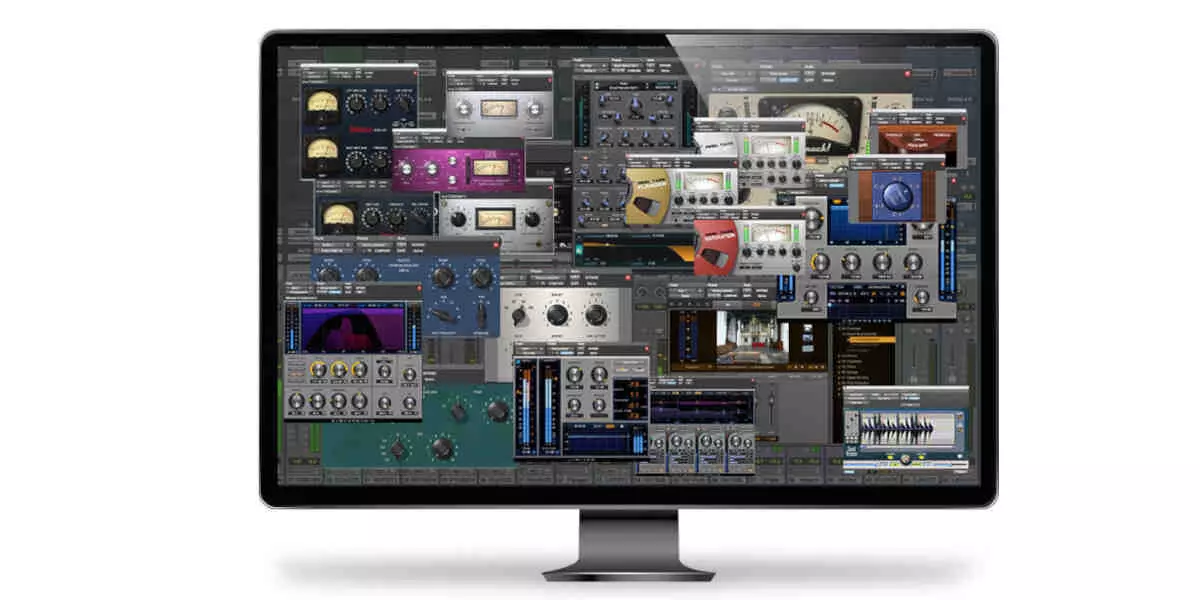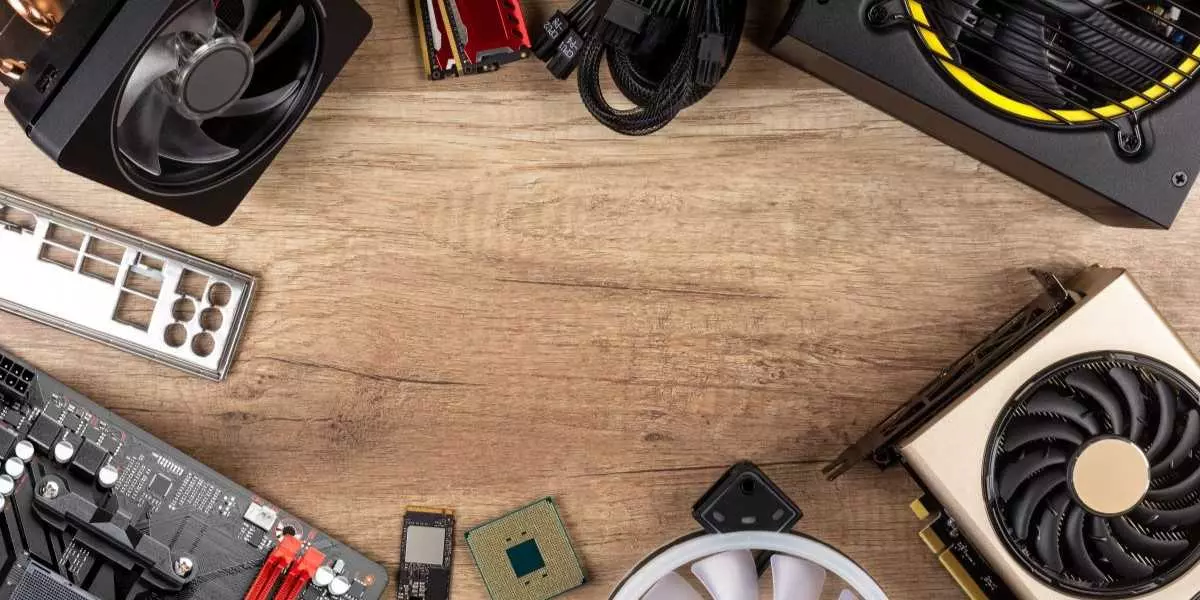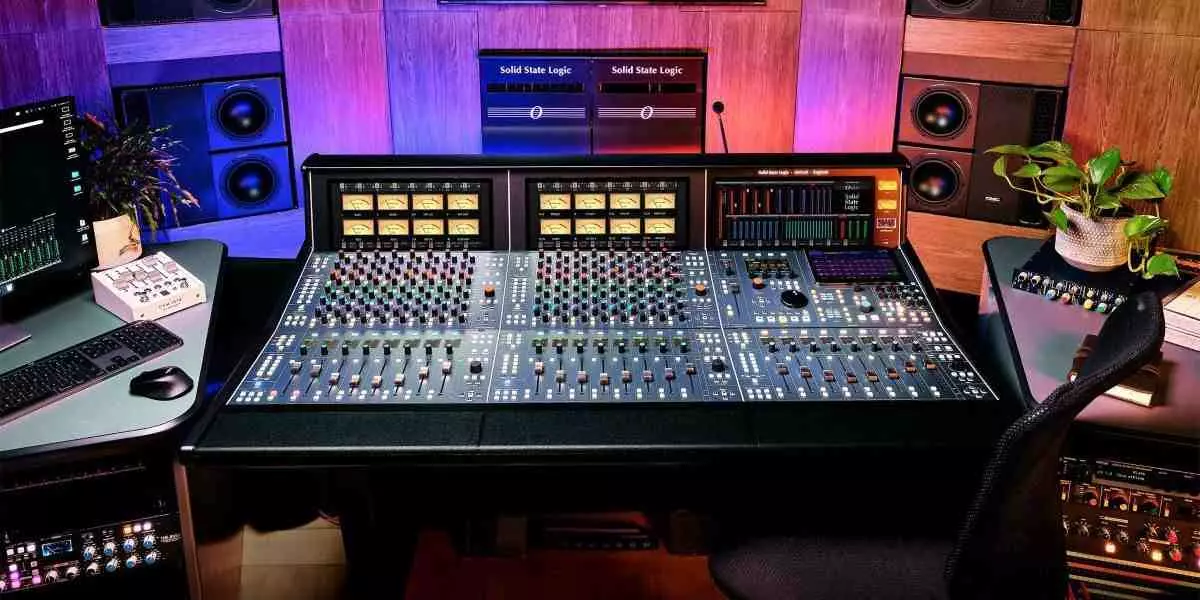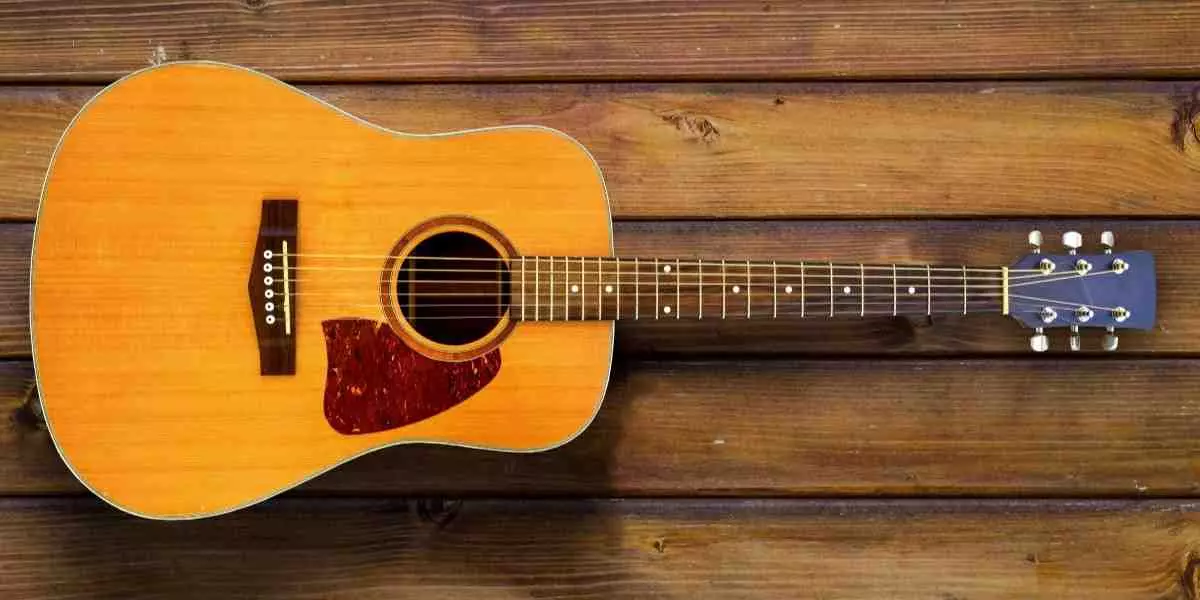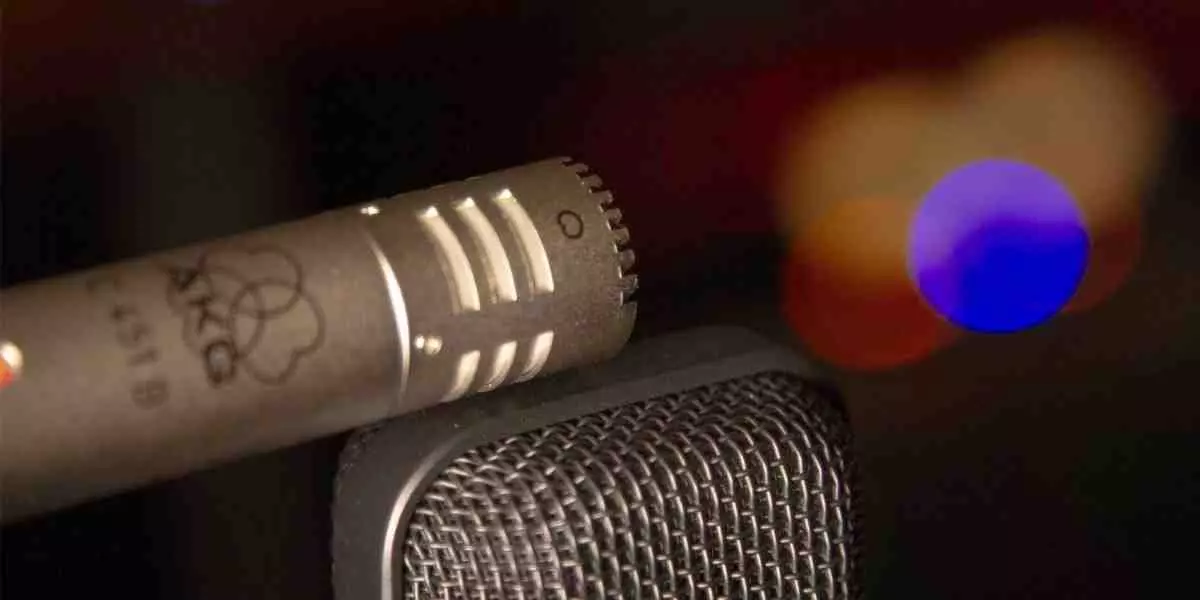Getting the Best Performance in the Recording Studio
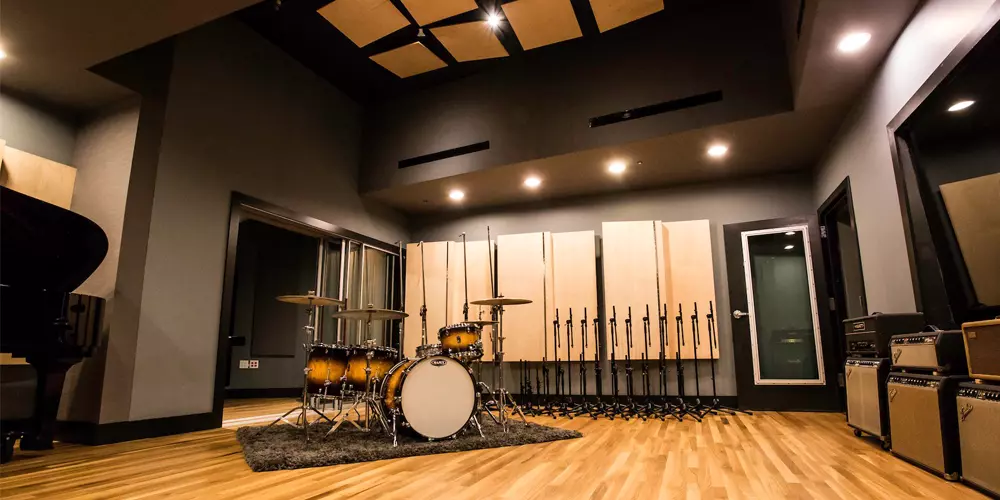
One of the hardest parts about making an amazing recording is getting an amazing performance. For the musician, it’s a performance you will relive repeatedly and possibly share with the world; you want to be proud of it and feel that it represents the best you can do. For the engineer, the performance not only affects the overall quality of the recording, but it drastically affects how happy your client will be with the final product. Because performance is so incredibly important, we want to do everything we can to make the studio an environment that encourages it.
It probably won’t come as a surprise to you that when we get nervous or scared, our muscles tense up. Nor will it surprise you that we perform much better when our muscles are loose. And you can probably already guess that most of us get nervous the moment we step into the studio (and even more so the moment the engineer hits Record). That’s why a lot of these tips focus around creating a relaxed, comfortable setting for the recording.
Creating Comfort
Part of the reason performing in the studio is so difficult is because it’s totally foreign to us. Usually we’ve rehearsed the songs with our band mates and/or in the comfort of our living room and suddenly we’re performing alone in a strange room with just a pair of headphones for company. Singers can’t touch the mic. Guitarists are often in a different room from their amp. It all feels wrong.
Sometimes the small compromises of giving the vocalist a mic to hold (even if it’s not actually being recorded), letting guitarists feel their amp shaking the back of their jeans, or keeping the rest of the band in sight can make a huge difference to the performance we get, and are worth the small technical drawbacks associated with them.
Get To Know the Engineer
One of the scariest parts of being in the studio can be performing in front of a complete stranger who’s not only an industry professional, but whose job is to listen with a critical ear. Taking a bit of time to get friendly with the engineer will help ease everyone’s nerves, and since you’ll likely be spending long hours in a small room together, it makes for a nicer experience all around.
Warming Up
Never underestimate the value of a good warmup. You need your fingers/lips/vocal chords/etc. to be warm if you’re going to get that great performance you’re hoping for. Take a good 10–15 minutes to warm up in another room while other members of the band are tracking or while the engineer is setting up mics. You’ll thank yourself for it later.
At the same, though, try to avoid overworking the song you’re about to record. You want it to be fresh when it comes time for the real performance. Rotate through exercises and songs you enjoy to prepare yourself for the perfect take, giving the imminent tune only a quick once-over.
“Setting Levels”
Here’s an old studio trick that I’m going to let out of the bag: sometimes we will help a nervous performer by recording them when they think we’re not. We’ll tell them we still need to get some levels right and have them run through the song, when in fact we just want them to perform with no pressure. It may be slightly sneaky, but it often works wonders.
Don’t get me wrong, musicians: 99.99% of the time, when an engineer says that he or she is “setting levels,” that’s exactly what they’re doing, so there’s no need to get nervous about it.
Relaxation Techniques
It certainly doesn’t hurt to run through some relaxation techniques while you wait for your chance to start tracking. Do some belly breathing, meditate, take a relaxing walk, or have a 2-minute dance party - whatever technique works best for you to shake off anxiety and nervousness.
Take Care Of Your Instrument
A solid performance also requires your instrument to be in good shape. This means new strings on your guitar (though ideally give them a day or two to to break in), carefully-tuned drums, and a well-cared-for voice. Vocalists should stay well hydrated, avoid alcohol and caffeine, and avoid speaking in noisy environments for a few days before going into the studio.
Have Fun
Of course don’t forget to have fun with your studio experience. Many musicians never get the opportunity, so make the most of it. Soak in the experience and have a few laughs!
Mark Garrison is the author of The Encyclopedia of Home Recording. In his classes, workshops and writing he focuses on teaching how to create better recordings through a greater understanding of the tools and techniques of the studio. Visit his website at homerecordingbook.com.

